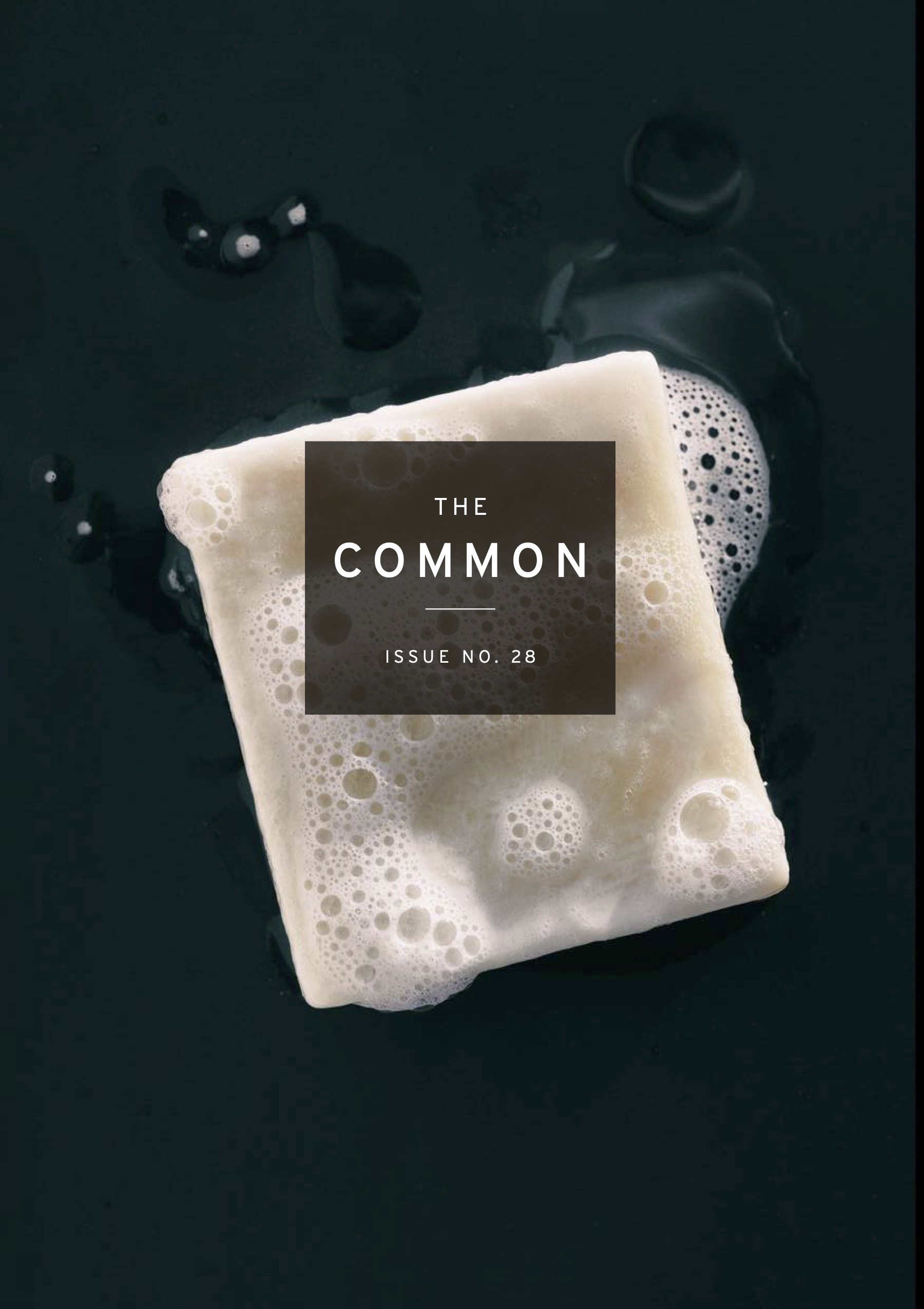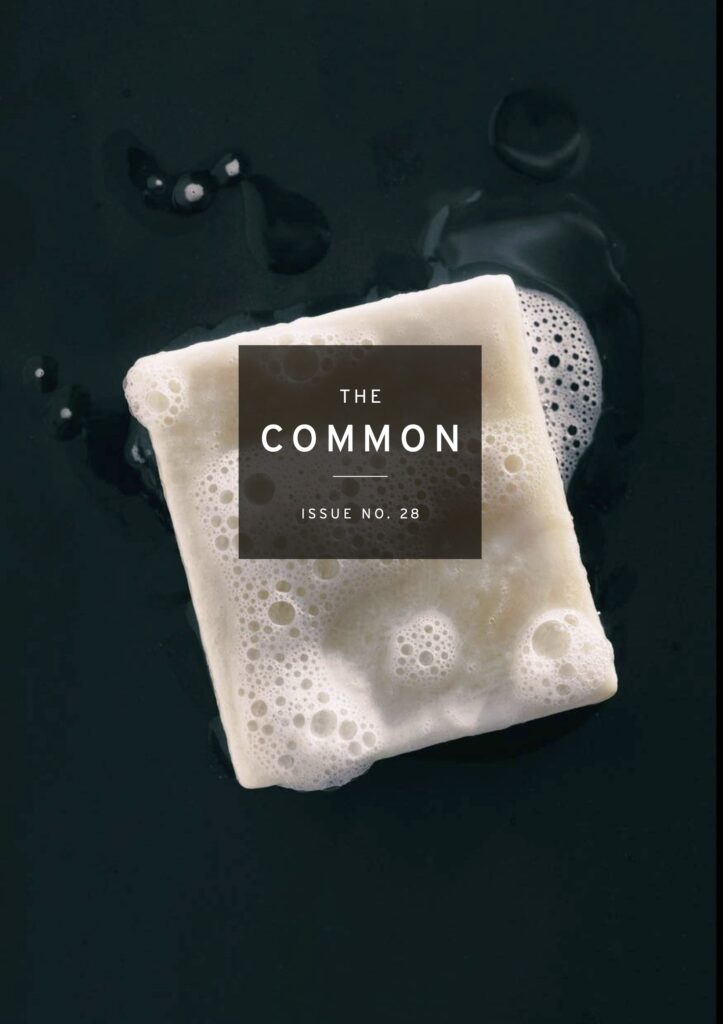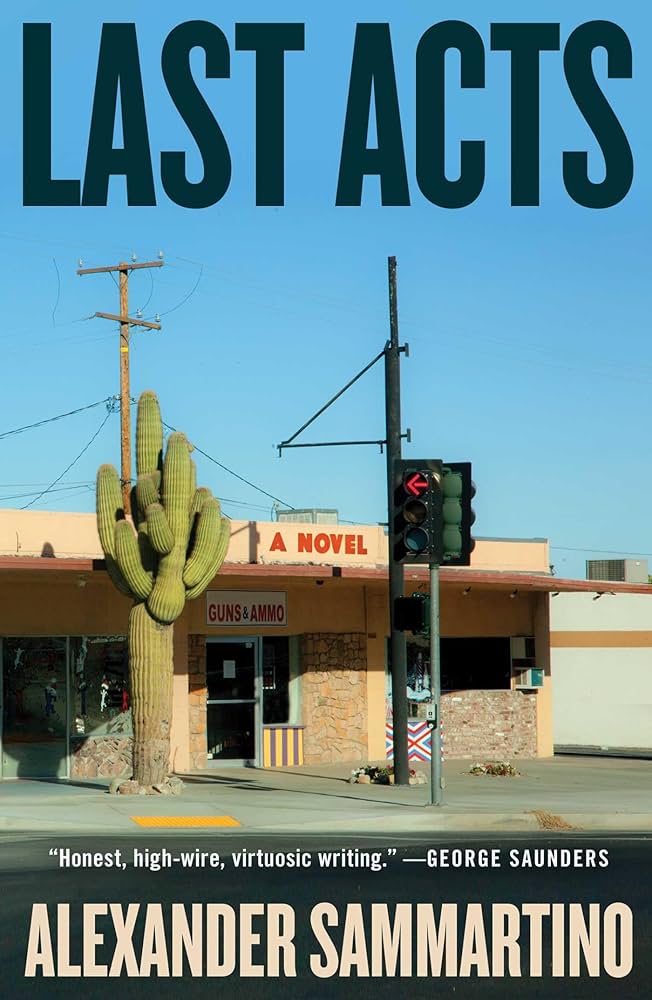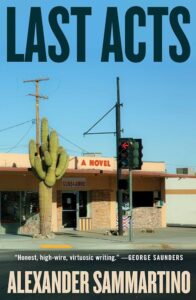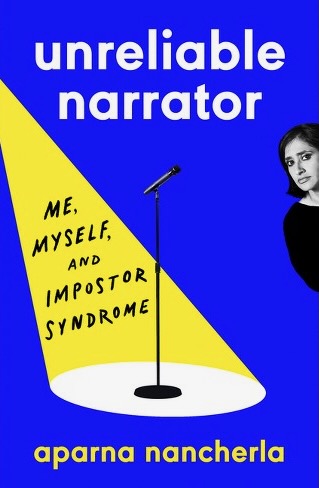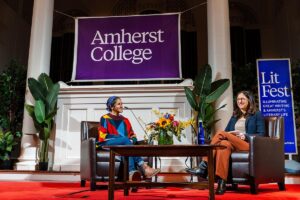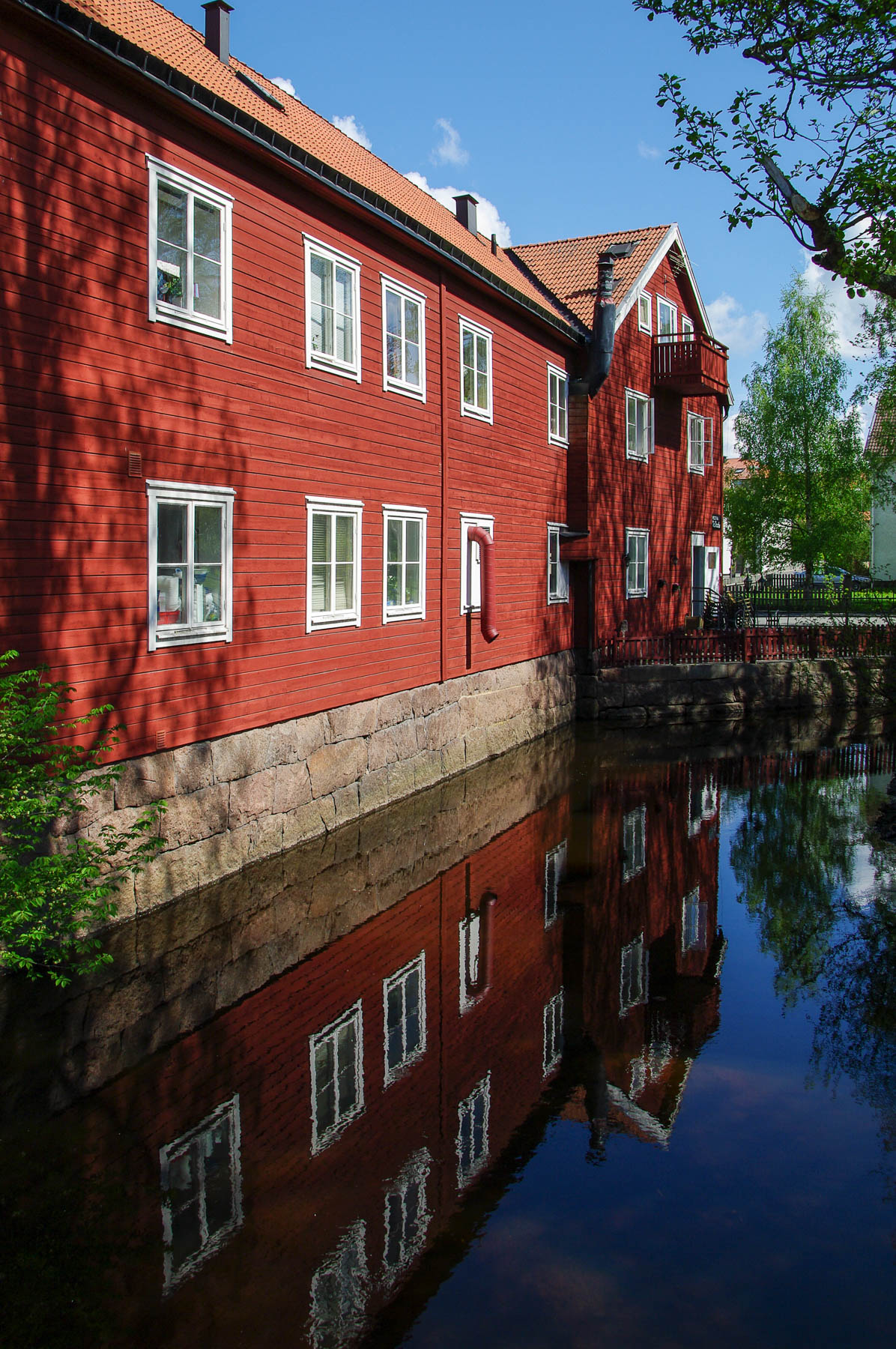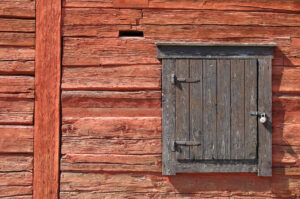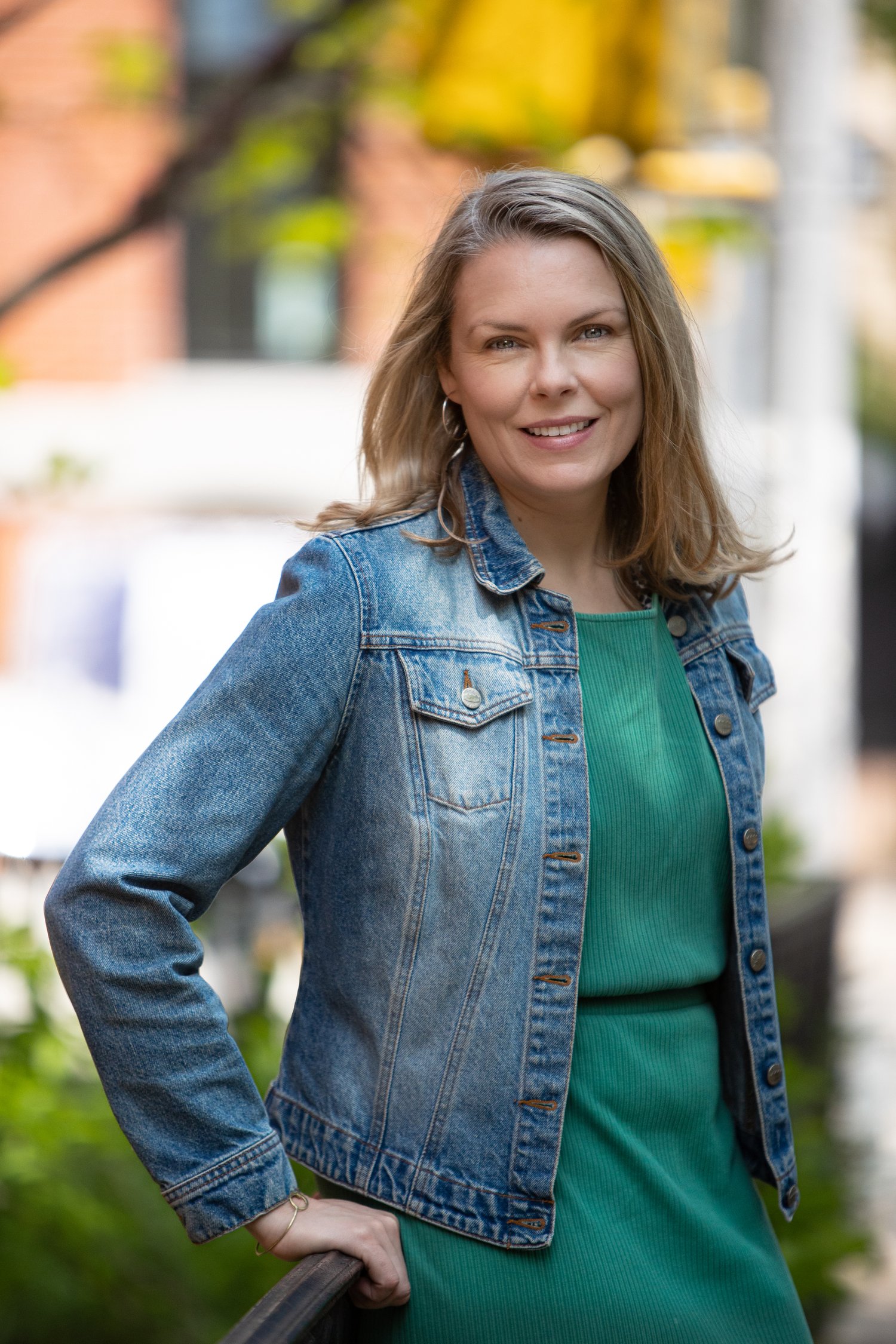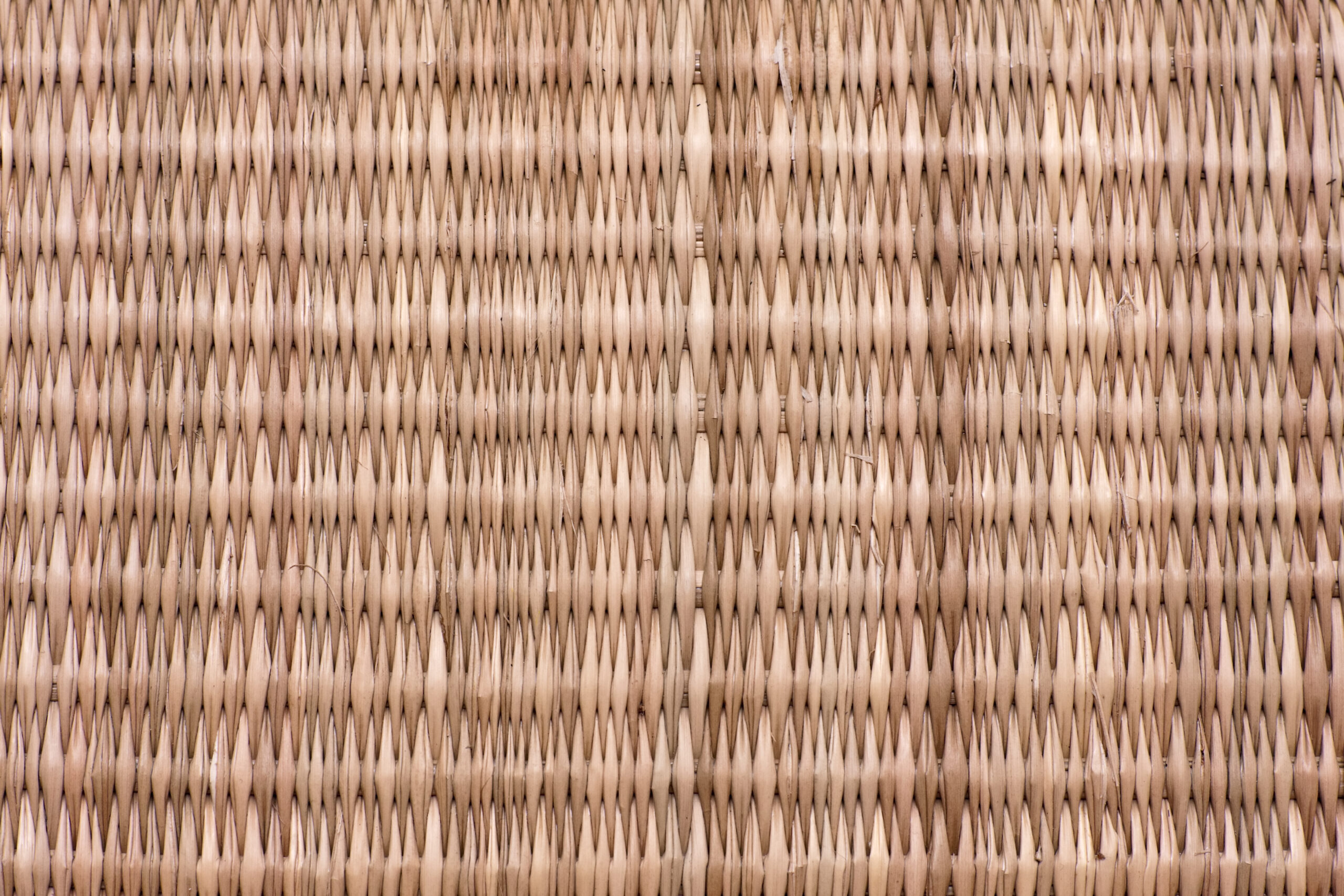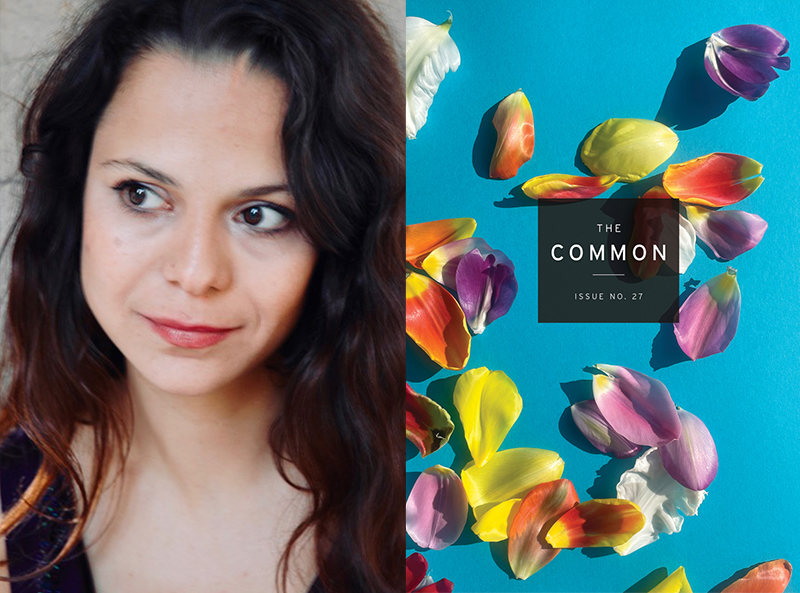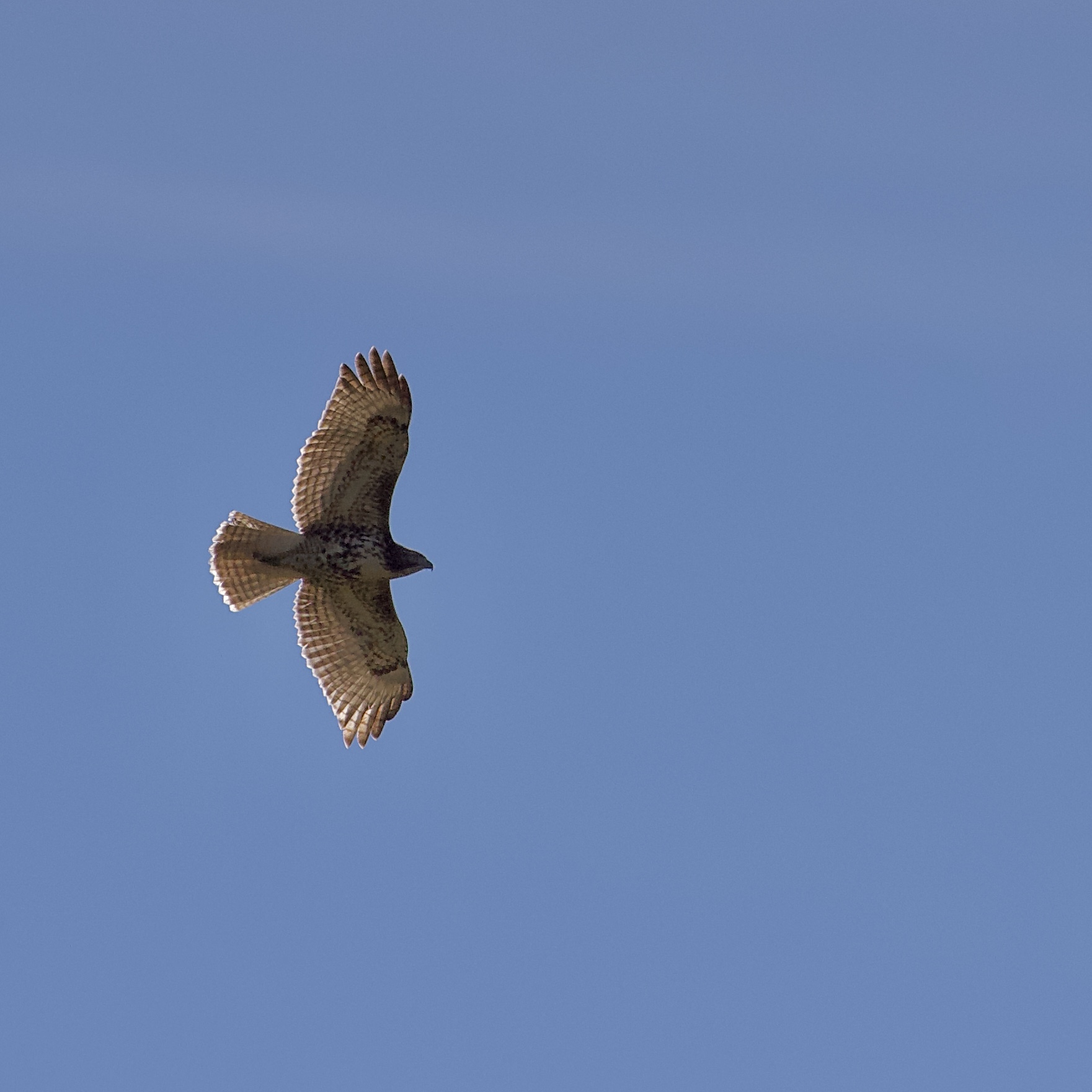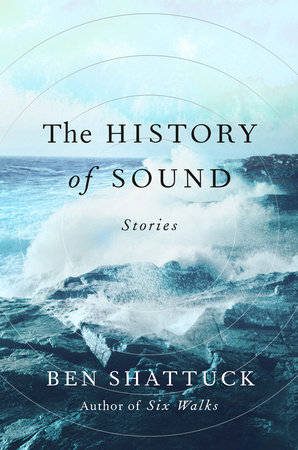This event has passed, but you can watch a recording of it below, or here on YouTube!
The Common Fall Launch Party—Locals Night!
Wednesday, October 23, 2024, 7pm
Friendly Reading Room, Frost Library
Amherst College, Amherst, MA
Free and open to the public, wine and snacks will be provided.
Join The Common for the launch of Issue 28! We welcome four esteemed contributors who happen to be local: Disquiet Prize-winning poet Iqra Khan, MacArthur Fellow Brad Leithauser, environmental economist James K. Boyce, and fiction and essay writer Douglas Koziol. Issues will be available for purchase. We’ll have brief readings, a short Q&A, and lots of time to mingle!

Left to Right: Iqra Khan, James K. Boyce, Douglas Koziol, Brad Leithauser
Iqra Khan is a Pushcart-nominated poet, activist, and lawyer. She is currently an MFA candidate in poetry at UW Madison. She is also a winner of the 2024 Disquiet Prize in poetry and the Frontier Global Poetry Prize 2022. Her poems have appeared or are forthcoming in Indiana Review, Denver Quarterly, Puerto del Sol, Southeast Review, Adroit Journal, Swamp Pink, The Rumpus, among others. Her work is centered around collective nostalgia, Muslim credibility, and the Muslim burden of becoming.
